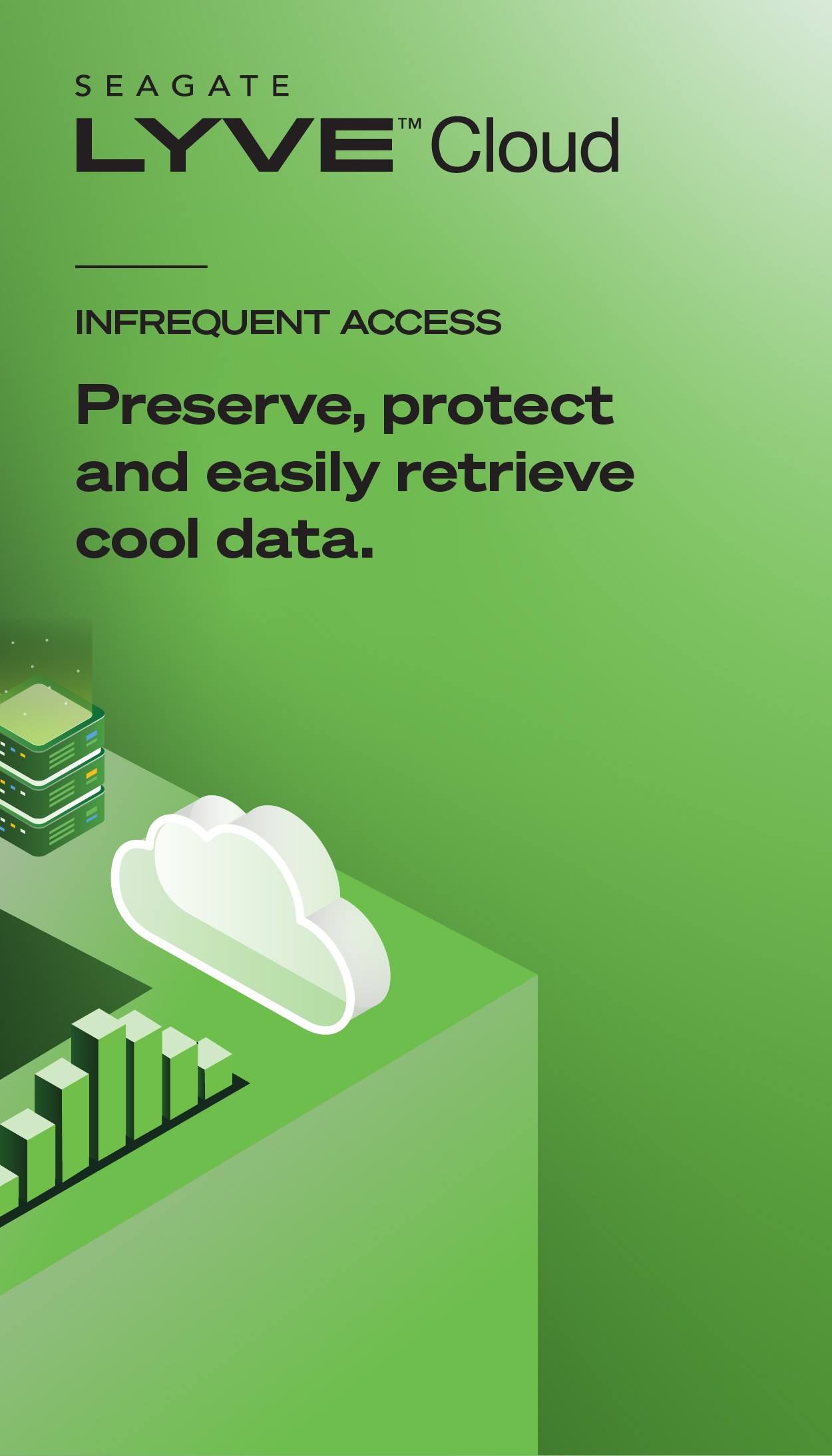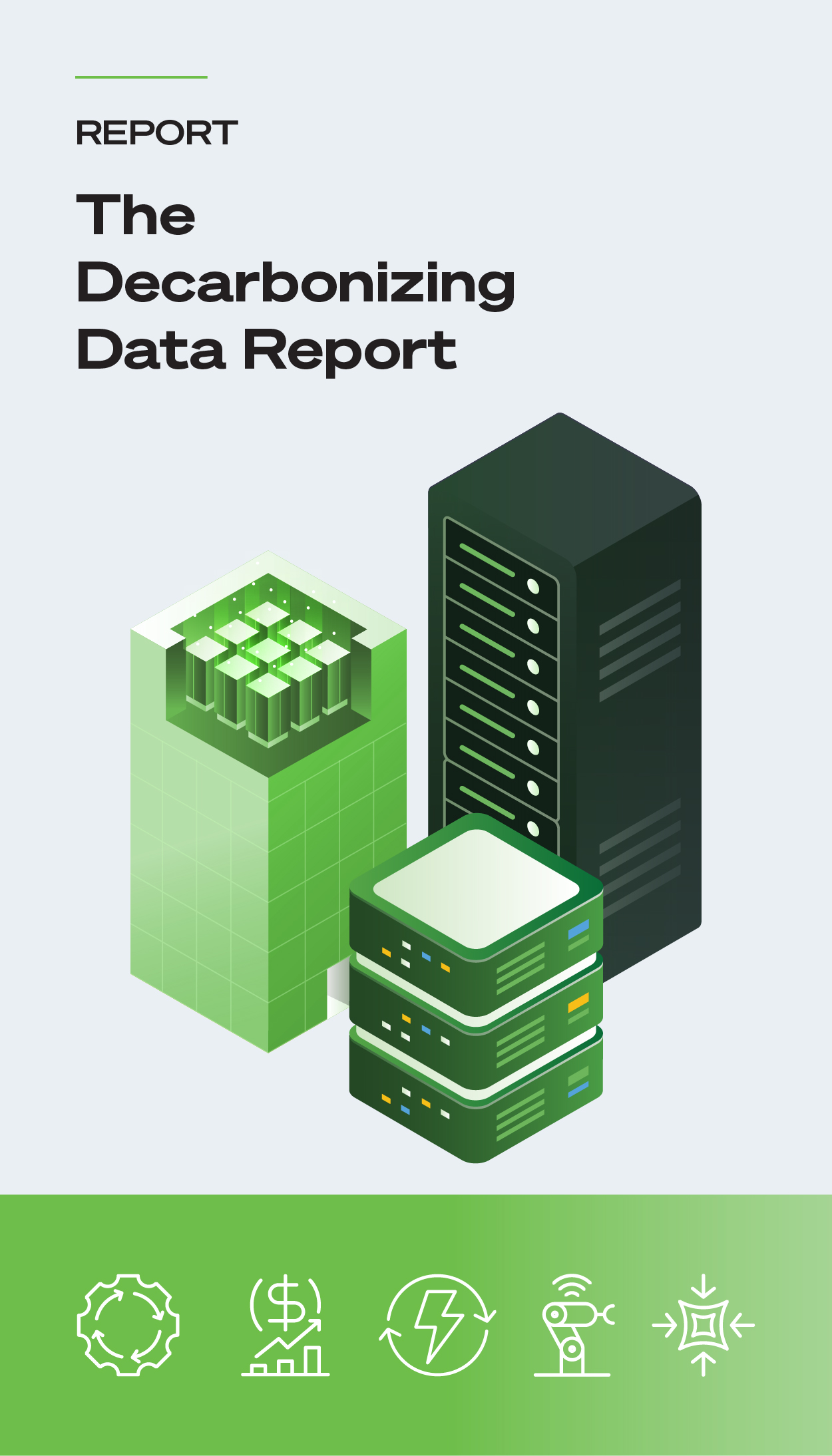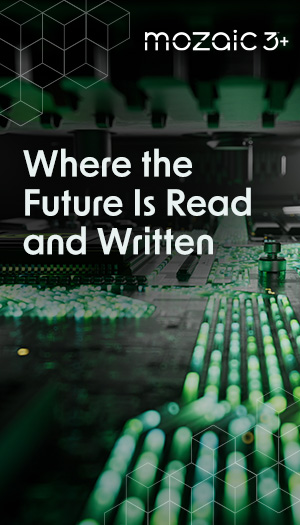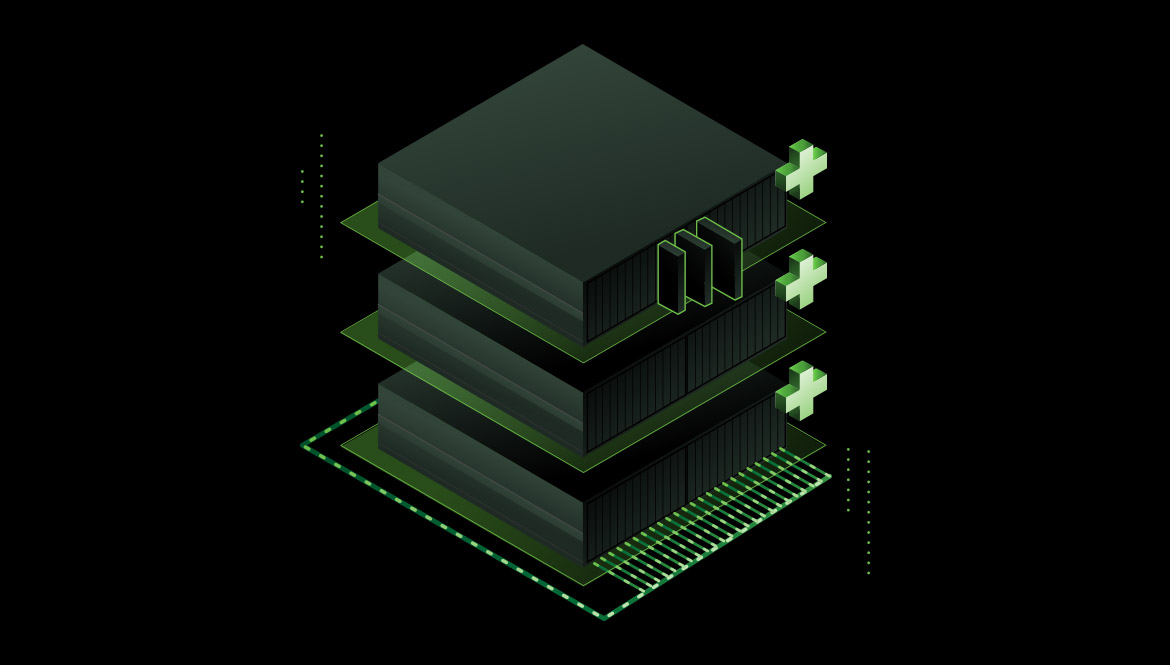Data Archiving Best Practices and Methods
What is Data Archiving?
Data archiving is the process of storing unused or rarely accessed data for a long period. The process involves storing everything from contracts and agreements to memos, emails, and instant messages for later access.
Data archiving evolved from the practice of storing and preserving companies’ paper records in archives. The practice has come a long way since then. Currently, most data archives rely on disk tapes. With more organizations moving their operations to the cloud, there’s a shift towards cloud-based data archiving solutions as well.
Why is Data Archiving Important for Businesses?
Data archiving is a necessity for most businesses. Depending on the size and growth of the business, it's only a matter of time before its data volume becomes too large to handle efficiently and effectively.
Here are a few other reasons why data archiving is important for businesses.
Cost-effective
Traditional data storage methods are designed for high speed and frequent access, be it on-premise solutions or cloud storage solutions.
But when enterprises use the same solutions for their old or unused data that’s rarely accessed, they’llspend resources unnecessarily. With a proper data archiving strategy, they can move old and rarely accessed but necessary data into long-term storage solutions. These data archiving solutions reduce the cost of data storage for organizations.
Better backup and restore performance
If the entirety of an organization’s data is stored on the same infrastructure, it will impact its performance. In the event of a service disruption, it will take more time for the organization to restore its backups.
But by tiering the organization’s data based on the usage and frequency of access, it can reduce the load on the IT infrastructure. They can manage their backups with fewer resources and restore them much more quickly.
Reduced stress of data loss
When businesses deal with large amounts of data, there’s the risk that some important data may be deleted or go missing.
With data archives, businesses can keep unused data in long-term storage at a low cost. They’ll also reduce the amount of data they have to handle regularly, further reducing the risk of data loss.
High security
Since data archival solutions are designed for limited access, they can improve the overall security of the organization’s infrastructure. Since the data archives are usually separate from the rest of the infrastructure, they’re less likely to be affected in the event of a security breach.
Get Effective Data Archiving Solutions with Lyve™ Cloud
Lyve cloud is an industry-leading data storage solution designed for the multicloud. It’s designed to help organizations build and manage effective data archiving solutions.
World-class security
Lyve Cloud is designed with globally recognized security standards. It offers enterprise-grade protection against malware and ransomware and is ISO 27000:2013 and SOC2 certified. Lyve cloud encrypts the stored data during motion and at rest.
Besides these measures, Lyve cloud is constantly improving its security practices and adapting its strategies based on newly identified threats.
Access data anytime without costly delays due to best-in-class availability and durability
Lyve Cloud offers enterprises easy and quick access with high uptimes and 99.99% availability. The solution allows users to store their data close to the edge to improve access speeds and at the same time replicate it at other locations for redundancy.
Simple, predictable, capacity-based pricing
Lyve differentiates itself from most cloud vendors with its transparent and predictable pricing. There are no hidden charges, and the billing is based on the used capacity. Lyve cloud offers long-term cost predictability with stable pricing.
What Are Data Archiving Best Practices?
Data archiving is not just storing unused data in a long-term storage solution. It’s about collecting and separating data, choosing the different data archiving methods, and managing the data through its lifecycle.
Here are a couple of data archiving best practices that experts developed over the years.
Data should be easily accessible
Even for archived data, accessibility lends more value to the business. The data archive must be designed so that it is easy to search and find relevant content quickly. When needed, the organization shouldn’t have to spend resources to locate it.
Data should be retained intelligently
Businesses should classify the data and built intelligent data management strategies for it. Different classes of data must be retained for the periods determined by their importance and legal requirements and after that, they must be removed.
Easy retrieval of data
The retrieval requirements vary for different data types; in some instances, it's acceptable to take two or three days to access the archived data. Design the archive so that the retrieval capabilities match the requirements.
What are the Differences between Data Archive and Data Backup?
One of the main differences between data archive and data backup is that the data stored in the former is unused or rarely accessed data. On the other hand, data backups store operational data, or the data that is needed to keep the business processes active.
The goals of data archives and data backups are also different.
The data archives are commonly used for legal reasons. Recently organizations have also started employing data archives for analyzing business information and deriving useful insights.
Organizations invest in backups to make sure their services are not disrupted in case of an IT outage. They’re often part of an organization’s business continuity and disaster recovery plan.
Top Data Archiving Strategy
To create an effective data archiving strategy, the first step is to understand your organization’s requirements.
Understand the compliance requirements from the regulatory authorities that may affect your business. Explore the legal risks and challenges your organization may face and the data you need to store to defend against them. Based on this information, identify the data you need to archive.
The next step is to classify the data based on their archival needs. Some data types may have to be accessed more frequently than others, some may need quick retrieval times, and some data types may have other requirements.
Once you have this information, develop a data archival policy and define how often you need to archive, when different types of data will be removed, and other aspects. Depending on these needs, choose solutions that work well for all the use cases and applications.
Instead of opting for a single cloud archival solution, it's best to consider a multicloud approach with individual solutions for the different requirements.
Why Choose Seagate for All Your Data Storage Needs?
Seagate offers high-performance data storage solutions for enterprises across industries. Its solutions are designed to solve the data management pain points of businesses irrespective of their infrastructure. Here’s why you should choose Seagate for your data storage needs.
Enhanced multicloud strategy
Seagate’s solution is built to empower organizations to make the most out of their multicloud strategy. It minimizes the risk of vendor lock-in and allows organizations to seamlessly move their data between private, public, and hybrid solutions.
Modernized backup Infrastructure
Seagate enables organizations to move their legacy infrastructure into modern backup environments with the least expense. Seagate’s backup infrastructure offers lightning-fast recoveries and follows 3-2-1-1 redundancy. Our infrastructure solution can help the organization minimize the risk of downtime and keep the business processes alive.
Reduced costs and complexity for all your storage needs
Cloud solutions, while preferred over traditional on-premise architecture, still have a lot of challenges. It’s not easy to track the cloud expenses and ensure that the infrastructure has enough bandwidth. Seagate simplifies this with transparent billing and stable capacity-based pricing. Our solutions offer complete transparency into the cloud storage and makes the cloud simple and easy to manage.











